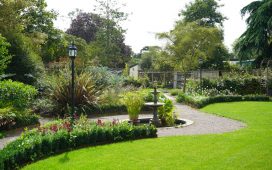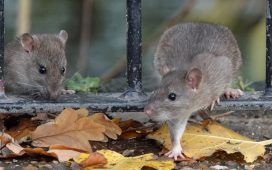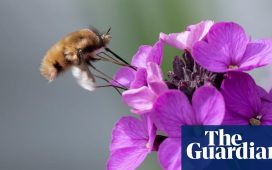The leaves on the ash trees at the foot of my garden are open now, pale green fans of foliage unfurled to give shelter and privacy to the dozen nests at the small rookery that has been establishing here over the past few years in this scattered “rook parish”. The corvids’ nesting season this year has coincided quite closely with the Covid-19 lockdown, so I’ve not needed to travel far for daily nature study.
Rooks are noisy, shrill and squabbling birds, but they make interesting neighbours. In March they were as John Clare describes them: “The crow will tumble up and down / At the first sight of spring.” Beyond that pairing phase, they settled into an industrious round of nest selection and repair, copulation and incubation.
I’ve watched the comings and goings, particularly of the male birds as they dash between mate and brood at the nest and the estuary fields half a mile away. Their weight loss has been obvious. Franklin Coombs’ seminal 1978 book, The Crows, confirmed this shrinkage of body mass as general among male rooks that he studied in Cornwall.
Their clutches of four greeny-blue speckled eggs having hatched early in May – weeks later than those in more southerly counties – the female birds can now join their mates in the hurried gathering of earthworms and leatherjackets. So the clamorous scoldings that once welcomed the males back to the nest after each foraging trip have been replaced by shrill alarm calls from the whole colony when local ravens approach the unattended nests.

I see the rooks down in the pasturelands each afternoon on my walk. They use their bills to flick aside clods of dung from the winter’s muck-spreading before devouring the rich harvest of worms beneath and hastening back to regurgitate them into their fledglings’ gapes.
As light relief from this incessant reproductive activity, I’ve been enjoying music sessions with a fine and tuneful cock blackbird who perches on the roof of the garden shed. If I whistle to him he puts his head to one side, listens attentively, and then exactly reproduces the musical phrases before embellishing them with his own riffs and trills. He’s up on the roof now, singing out the Internationale and La Marseillaise to hearten all our local Europhiles, myself included.







